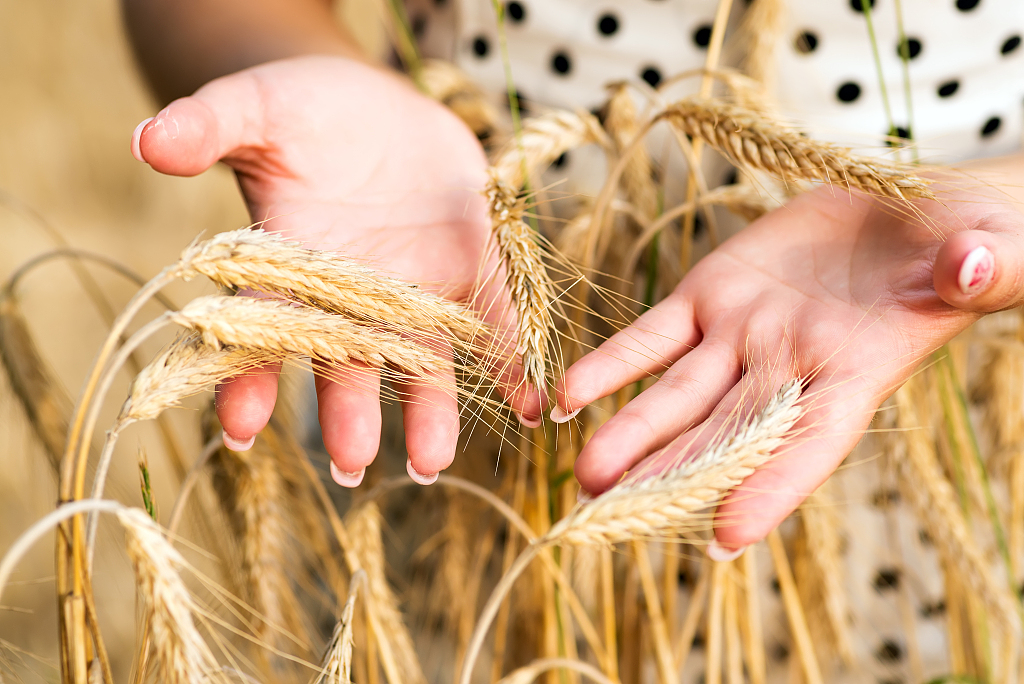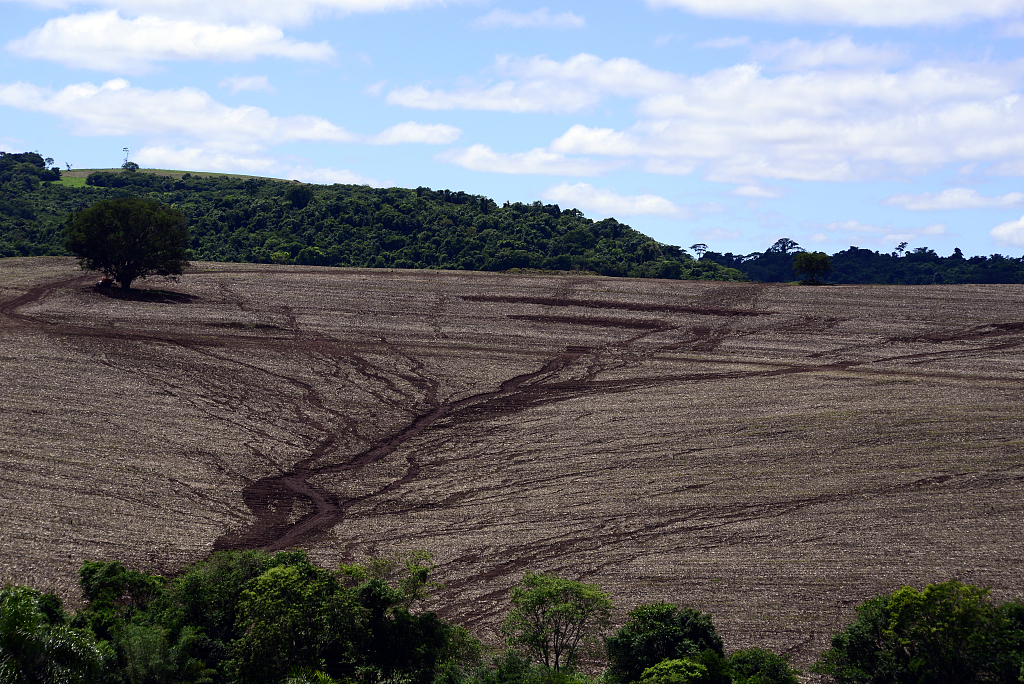The pressure on water and land ecosystems at global level is intense and, in some cases, at a critical point, which might put the goal of feeding the world's population by 2050 at risk, a UN report warned on Thursday.
Launched by the UN Food and Agriculture Organization (FAO), the 2021 "State of the World's Land and Water Resources for Food and Agriculture" report highlighted that some 33 percent of the planet's soil is currently marked by moderate to high degradation.
And while trends in resource use are on the rise, as is soil degradation, the availability of new land to devote to agricultural production is low.
Adding the effects of climate change and loss of biodiversity, this would mean that "the current agrifood production patterns are not proving sustainable," according to the report.

The UN report said current agrifood production patterns are not sustainable. /VCG
The UN report said current agrifood production patterns are not sustainable. /VCG
"Against this backdrop, it is clear our future food security will depend on safeguarding our land, soil, and water resources," FAO Director-General Qu Dongyu explained in the report's foreword.
This was especially true considering the global population is expected to reach some 9.7 billion people by 2050.
The FAO estimated that by 2050, the agriculture sector would need to produce "almost 50 percent more food, livestock fodder and biofuel than in 2012 to satisfy global demand" – a difficult target to hit, if there is little chance of expanding productive lands.
Unveiling the report, Qu explained there was still room however for a positive and proactive approach to the issue.
In fact, the same agrifood systems could play a crucial role in changing these patterns, alleviating the current pressures on water and soil ecosystems, and basically reverse the land degradation process, he stressed.

Land degradation in Brazil. /VCG
Land degradation in Brazil. /VCG
In a detailed analysis, the report made it clear the necessary tools to implement such changes were already at our disposal.
"Sustainable agricultural practices could lead to direct improvements in the state of land, soil and water, generating ecosystem benefits and reducing emissions from land," it noted.
Yet, it added that only a "much-reformed land and water governance" would allow a remedial land management.
"Any advance in transforming food systems to meet future demand will require a focus on land resource planning in which systemic analyses of land, soils, and water are combined with poverty and food security monitoring," it specified.
(Cover image via CFP)
(If you want to contribute and have specific expertise, please contact us at nature@cgtn.com.)
Source(s): Xinhua News Agency

